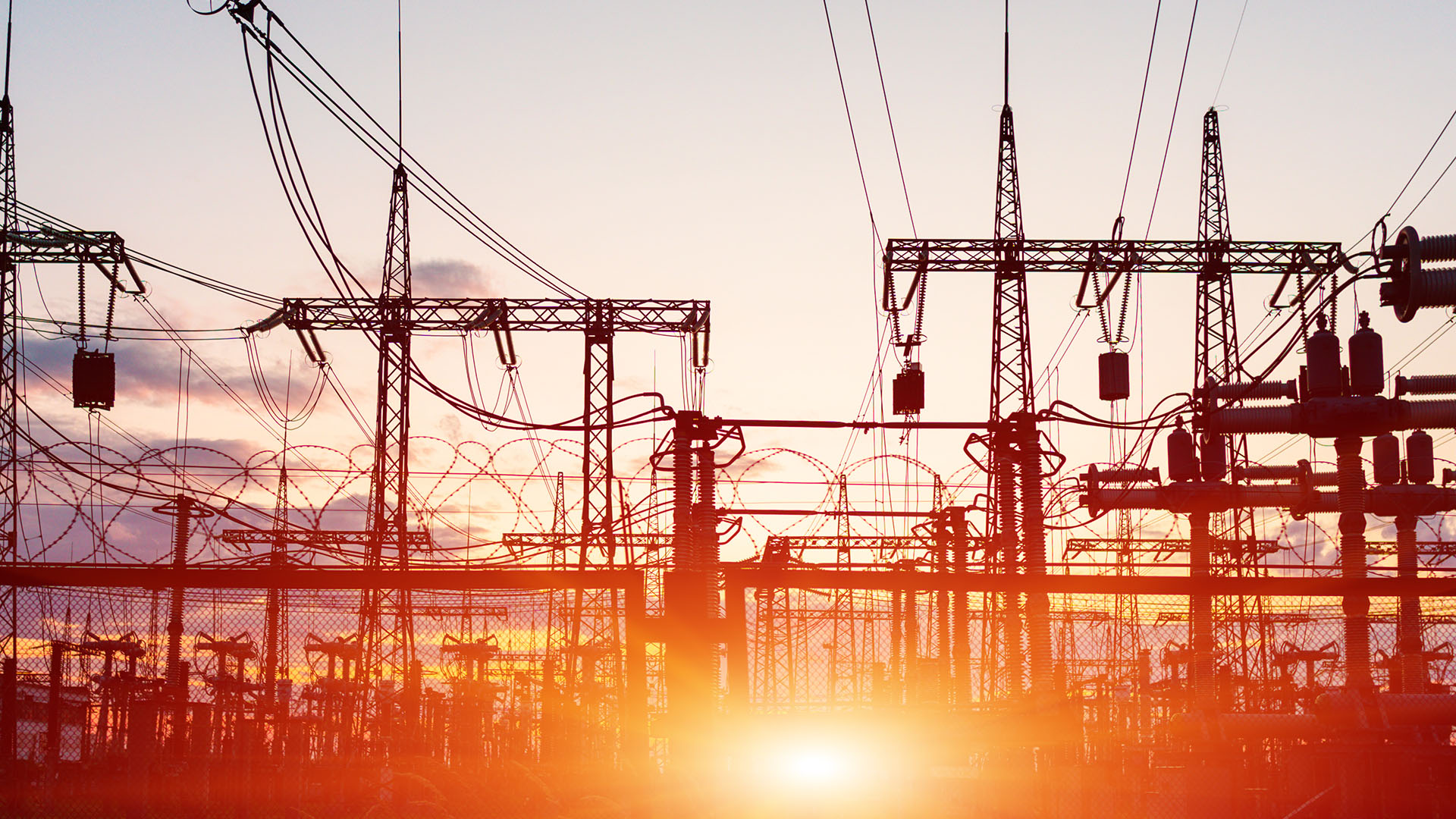Against the backdrop of unprecedented challenges and opportunities faced by the energy sector, including supply shortages, rising energy prices and an imperative to transition our fuel mix, the AER in its 2023-24 Compliance and Enforcement Priorities has re-stated its focus on protecting consumers and ensuring the integrity of wholesale market operations.
Over the past 12 months, we have seen the AER scrutinise electricity generators’ bidding behaviour and test retailers’ approaches to customer hardship and charging and payment transparency.
In this article, we explore the AER’s key focus areas for 2023/2024. Some are continued areas of focus and others are new. With the heightened scrutiny that has recently been brought to bear on energy businesses set to continue, the year will be full for the energy sector regulator.
Vulnerable customers: As consumers continue to experience cost of living pressures, the AER will be focused on energy retailers’ observance of customer hardship obligations, with a view to improving vulnerable customers’ access to retailer hardship and payment plan protections. This is a continuing priority for the AER from 2022/23.
Billing: Empowering consumers to better understand their energy bills and facilitating their engagement with retail market competition is a new priority area for the AER this year. In particular, the AER will be focusing on energy retailer compliance with billing and pricing information obligations, including the mandatory Better Bills Guideline that will apply from 30 September 2023. Under the guideline, retailers will have to include a “better offer” statement on the first page to let a customer know they can get a better deal. (This will not be novel for Victorian retailers already obliged to include a “Best Offer Notice” on energy bills every few months. However, it is a very large compliance burden for retailers in assisting customers to exercise choice.)
Power System Stability and Security: Following the AER’s investigation of generator behaviour amid the suspension of the national electricity market last year, and messages of caution to generators around complying with bidding and reporting obligations, the AER has prioritised supporting power system security. The AER will look to ensure an efficient wholesale market by actively monitoring and enforcing generators’ compliance with offers and dispatch instructions, as well as requirements around rebidding and timely communication with AEMO.
Performance Standards: A new priority for the AER this year will be improving compliance with performance and critical infrastructure standards. The AER has identified the failure for generators to meet performance standards as an exacerbating factor for market events, and a barrier to AEMO achieving network safety and security. Given that new connections to critical infrastructure will increase as the energy transition progresses, maintaining performance standards will become increasingly important.
New Gas Market Transparency Measures: With new Gas Bulletin Board reporting obligations having commenced on 15 March 2023, the AER will look to clarify obligations and monitor compliance over the next year. The new Gas Market Transparency Measures provide the AER with a greater mandate to monitor wholesale gas markets and, off the back of its rigorous surveillance of gas auction reporting and demand forecasting over the previous year, the regulator will be eager to begin implementing its new reporting measures.
This accompanies widespread changes to the gas access framework, in effect since March 2023. These changes refresh the approach to the classification of gas networks and new obligations for gas businesses around information publishing and complying with competitive safeguards. The AER has a role in administering compliance with these reforms, having been given increased regulatory powers and a mandate to develop compliance procedures and guidelines to inform auditing functions.
ACCC and AER
Of course, the ACCC is no stranger to gas market oversight, through its gas market monitoring and its active role under the new mandatory Gas Market Code, implemented to endeavour to facilitate the proper functioning of (and secure adequate gas supply for) the east coast gas market.
In power, we are also seeing an increasing intersection between ACCC and AER focus areas. Whilst the AER is focusing on billing transparency and hardship on the one hand, the ACCC is also focusing upon customer and market outcomes in the energy sector under the consumer law, energy retail code and the ‘big stick’ regime.
The letter that both regulators issued to energy retailers in June 2022 is a reminder about the willingness of the two regulators to come together and use their complementary compliance and enforcement powers across the competition, consumer and energy law frameworks to scrutinise energy market participant behaviour.
Of course, the entire energy supply chain must do its part in supporting the energy transition in times of cost pressure and uncertainty. As networks wade into new rounds of AER engagement in the course of their revenue resets, the AER and ACCC’s agendas also underscore the need for generators to have (and comply with) rigorous processes and policies for compliance with market-facing obligations under NEL/NER and the Competition and Consumer Act 2010 (Cth).








